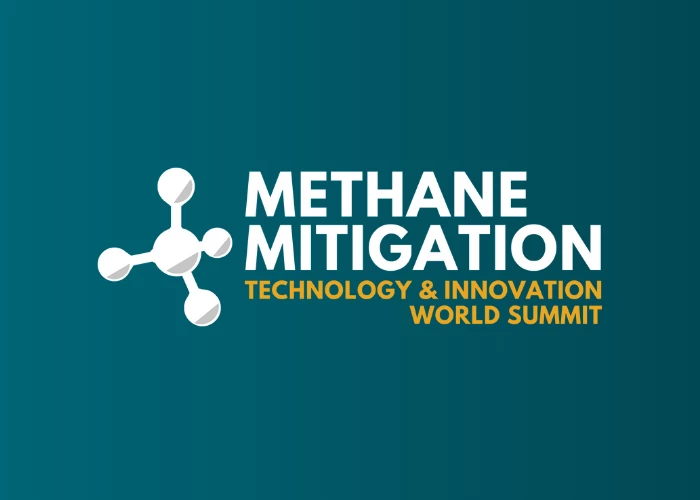For many customers in the oil and gas industry, IT plans settled just a quarter ago are under scrutiny amidst the new oil price reality. While many organisations are reacting to oil price drops with fear, I see several forward-thinking oil and gas leaders seizing the dramatic shift for competitive gain. Based on my recent site visits and conversations, I’ve identified three strategies that our customers are using to position themselves for market advantage:
Strategy #1: Leverage Subscription-Based Models
When faced with the option to drastically slash costs and stop projects in their tracks, it pays to take a deep breath first. Composed veteran leaders are getting creative in how to fund initiatives they know will matter in the long-term. They have been through downturn cycles before. This approach was already underway before the economic shift, and is now trending upward: cloud provisioning.
At a major South American-based mining company, project sponsors are shrewdly avoiding any large, upfront capital outlays for hardware and software (formerly typical at project upstart). Instead, they are looking at yearly subscriptions to the same functionality — without the initial procurement and maintenance investment.
This turns a $1M one-time check-writing exercise into a series of responsible, affordable payments. Most importantly, as one recent EMC Documentum customer described it, a private, public or hybrid cloud strategy ensures: "no strategic dead end." They will reap advantages in both the long and short term. They will keep their companies alive.
If and when oil prices increase, they will have made progress on critical initiatives like optimising capital projects. If prices stay low, they are holding to fiscal responsibility while still curating a competitive advantage. In fact, they are able to "have it all" with immediate, budgeted access to technology, as well as the ability to smoothly bring these customised systems on premise should economics change.
Strategy #2: Use Efficiency Gains Tactically & Strategically
The second smart approach I see taking hold is a renewed focus on operational excellence programmes, with focused goals around improving process efficiency. Inevitably, outdated workflows or processes – or the complete lack of standardised processes – are holding a part of your company back. Sound decision makers are taking the time now to prioritise which tactical efficiency improvement could also have strategic impact. They prioritise the macro issues that were on the way before oil prices dropped, and will still come to pass regardless of the price of a barrel.
As an example, and as recent news and studies have noted, the technical workforce in the oil & gas industry is changing. Crew replacements will have to happen, and the C-suite knows they can’t let veteran knowledge-holders walk out the door. While this was an overall concern before the recent environment, it can now take priority as a timely competitive opportunity.
As leadership teams makes difficult workforce reduction changes, they are also planning how to ensure the capture and reuse of existing organisational knowhow. New factors they are thinking about include:
· What information is critical to run operations with a smaller staff
· What key documents can they afford to digitise today, because it’s certain they will be used over and over again in the future
· Whether data migration to an archiving system should happen to rapidly collect the bulk of their critical content
In the near-term, such content management manoeuvring can help retain key organisational knowledge. Long-term, however, these customers are looking for an additional strategic benefit: attracting and training new talent when economics change yet again.
For college graduates, only modern systems and computer-based workflows are acceptable. If maintenance manuals are still paper-based, or the company’s best technicians did not record tutorial videos, it will be difficult to sell new hires on a "leading" corporate culture. Even worse, it may be impossible to transfer important knowledge after crew chnages have occurred.
As seasoned leaders have recognised, readying for cost-cutting now can actually become a strategic advantage later.
Strategy #3: Develop a Marketable New Competency
The third move customers are making is to identify and create a new competency at the same time as they discern ways to cut costs and improve efficiency. For example, most are considering a greater use of outsourced talent. This could be cost-driven or a choice because they need flexibility to adjust the workforce amidst an uncertain environment. Either way, improving the way you manage your partners and suppliers will become a competitive competency in itself. For instance, we deal with a nuclear plant builder, who has won bids for new-builds based on information collaboration skills.
At the worst end of the spectrum, organisations exist that literally have to sort through and categorize 15-20 pallets of paper documents over a period of six months to start on-boarding new suppliers and partners. At the best end, customers like this nuclear leader can safely turn on and leverage suppliers in a matter of days. They can readily communicate and control information across all build phases, and globally share accurate documents across multiple vendors.
While their initial priority was to cut the costs associated with transporting and storing paper, they ended up with an architecture that makes them more agile and able to take on new business faster than their competitors.
I hope these three examples give you insight into how some of our more mature and astute customers are leading through change. What all of them have in common is the recognition that to position the business when the price of oil recovers, they must make strategic IT investments now. There are a myriad of opportunities in a down cycle if you look for them in the right places.
Martin Richards, Senior Director, EMC Enterprise Content Division
Read More: Oil Price: The Top 25 Events That Rocked The Cost Of Crude Oil

















